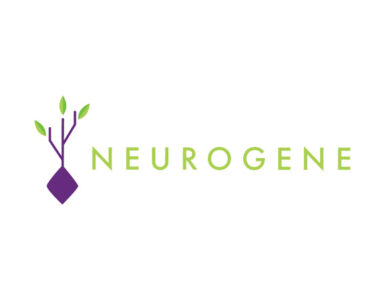
CAMP4 Therapeutics (NASDAQ:CAMP) has announced that three oral presentations on its SYNGAP1-related disorders and Urea Cycle Disorders (UCDs) programs, and shared favorable safety and pharmacokinetics data from the ongoing Phase 1 trial of CMP-CPS-001 in healthy volunteers, were delivered at the American Society of Gene and Cell Therapy (ASGCT) annual meeting, New Orleans, May 13 – 17, 2025.
According to CAMP 4, the presentation included translational data from its SYNGAP1-related disorders program showcasing increased protein in non-human primates and a review of preclinical and detailed single ascending dose safety data from its UCD program.
In a statement, Dan Tardiff, Ph.D., SVP, head of discovery at CAMP4, said, “Patients living with SYNGAP1-related disorders and UCDs currently face a critical dearth of disease-modifying treatment options to manage their condition. These proof-of-mechanism data indicate CMP-SYNGAP-01 can restore SYNGAP1 protein levels to mitigate disease-relevant phenotypes in haploinsufficient mice and increase SYNGAP1 protein in disease-relevant brain regions in non-human primates when delivered by the clinical route of administration. Additionally, our UCD clinical candidate is well tolerated, and we are preparing to evaluate CMP-CPS-001 in OTC heterozygotes, a population with reduced urea cycle function. We’re excited to continue pioneering our novel approach of upregulating gene expression and addressing the unmet needs of many patients living with genetic diseases characterized by haploinsufficiency or recessive loss of function.”
Josh Mandel-Brehm, CEO of CAMP4, added, “These compelling data underscore the expansive potential of our RAP Platform to address a wide spectrum of genetic conditions, starting with neurologic and metabolic disorders. By pairing clinically validated antisense technologies with newly discovered regulatory RNA targets to upregulate gene expression, we have an opportunity to rapidly advance therapeutics for disorders characterized by insufficient protein production including SYNGAP1-related disorders, where there is significant unmet need for disease-modifying therapies. We look forward to progressing toward additional clinical trials and exploring strategic partnerships that can accelerate our development plans and deliver long-term value for patients and shareholders.”






